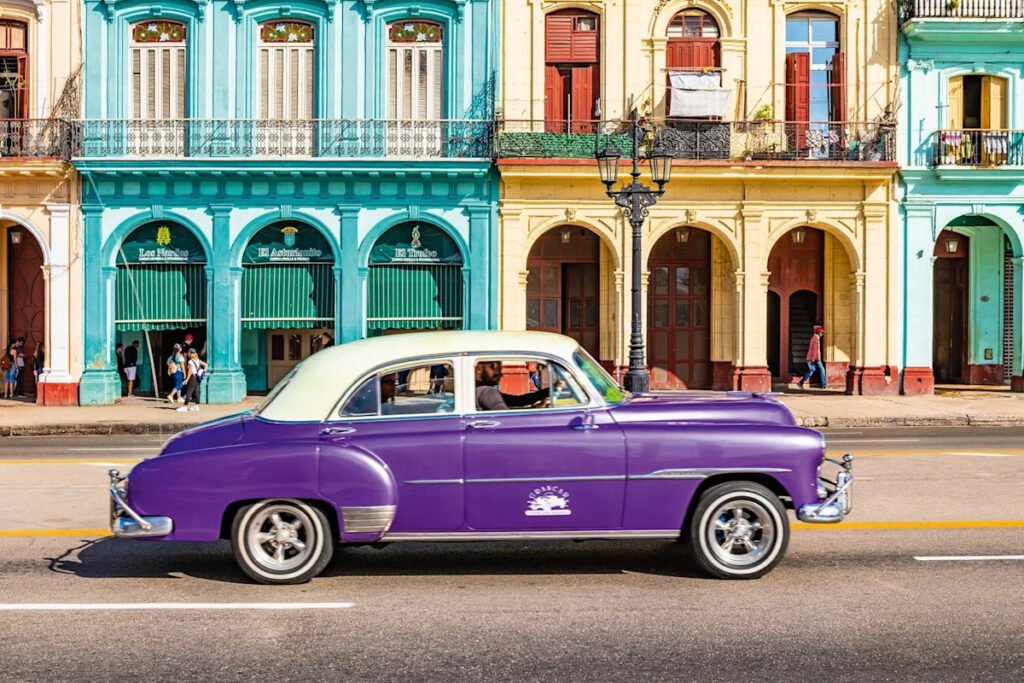This article was produced by National Geographic Traveller (UK).
For first-time visitors, Cuba can seem overwhelmingly complex and confusing, particularly when it comes to money matters. There’s a rampant black market, opening hours can be sporadic and rules and information change regularly without warning. To avoid unnecessary frustration, come with plenty of patience, a flexible itinerary and a plan B up your sleeve.
Where should I stay?
The state-run Hotel E group has a good selection of hotels, mostly in historic buildings in various towns and cities across the country. But service isn’t always on a par with other countries in Latin America. For a more local experience and a candid insight into Cuban life, stay in a casa particular. Affordable and available in almost every town and city countrywide, these private homestays are family-run and usually offer breakfast and home-cooked dinners. Many can be booked on Airbnb. They also operate like independent information portals for their guests.
Do credit cards work?
Visa and Mastercard credit cards not affiliated with US banks work in Cuba, and are the only way to pay for products and services in the state-run sector. This includes hotels, government-affiliated restaurants and shops, Víazul buses and many organised activities.
Will I need cash?
Cuba’s private sector still operates as a cash economy. The local currency is the Cuban peso (CUP$) and it can’t be bought outside the country. Independent travellers should arrive with enough money for their trip; US$100 (£74) per day is a good guide. The best currencies to take are euros or dollars, although Canadian dollars and British pounds are also exchangeable in some places. Many private businesses accept payments in US dollars or euros as well as Cuban pesos. Ask around in casas particulares and other private businesses about the best money-changing options. Travellers can also use ATMs to withdraw local currency at official government exchange rates.
Is Cuba safe?
Cuba is relatively safe compared to other Latin American countries and violent crime is rare. Beware of pickpockets, bogus money changers and street-side cigar sellers. In the larger cities, consider taking taxis after dark.
Is there wi-fi?
While internet coverage has improved in recent years, Cuba is still a long way from levels of connectivity most travellers will be used to. The modus operandi is to buy a scratch card at an Etecsa telecommunications office and find a wi-fi hotspot (usually the town square) where you can use it. Many casas particulares also now have wi-fi. Alternatively, you can order a Cuban SIM card online at suenacuba.com/en and pick it up at Havana and Varadero airports or at city-based telecommunications offices.
Are there frequent power outages?
Since 2024, due to fuel shortages and its antiquated energy infrastructure, Cuba has experienced regular power cuts. Some are scheduled, others are spontaneous. While many private businesses have generators, pack a head torch and a portable power bank.
Published in the September 2025 issue of National Geographic Traveller (UK).
To subscribe to National Geographic Traveller (UK) magazine click here. (Available in select countries only).






